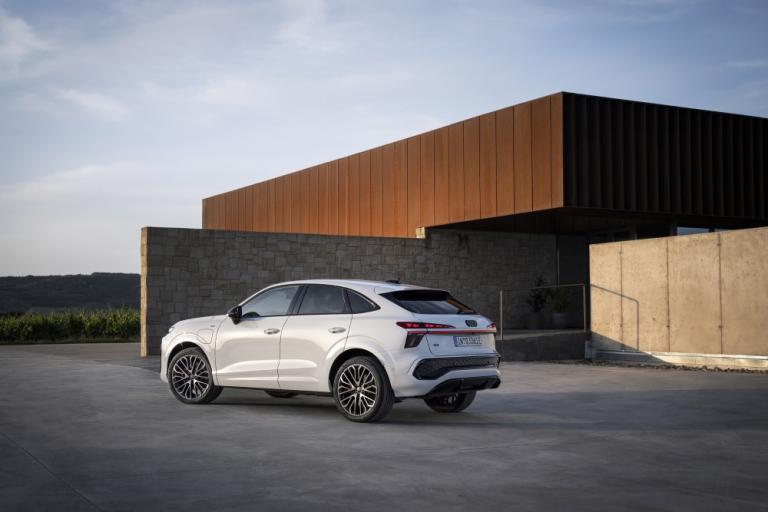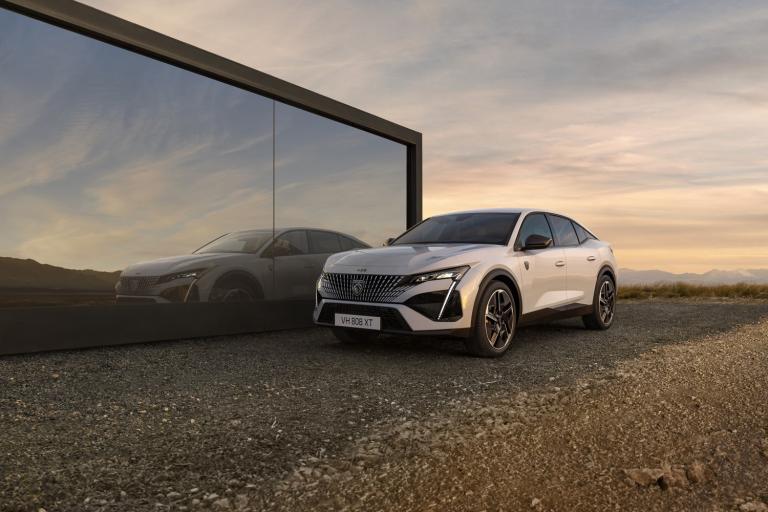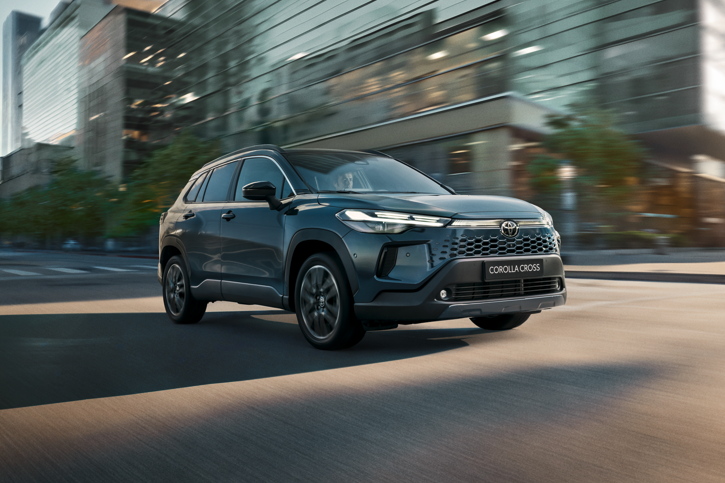Can I still import a used car?
Published on 24 January, 2021
Overview
Following months of negotiations, a Brexit deal was finally secured on Christmas Eve. The implications for importing a car differ depending on where you are importing from, as Northern Ireland (NI) is still part of the Customs Union whereas Britain is not.
If importing from NI there will be no additional charges. However, a third of cars sold by NI dealers are imported from Britain. Following the Brexit deal it was expected that second-hand cars sold into NI from Britain would attract a 20pc Vat charge, but this is not the case. Currently, a NI dealer can import a car from Britain without incurring any additional charges. This could therefore potentially provide a channel for British-registered cars to simply enter the Republic of Ireland via NI and bypass all post-Brexit charges. For now, if importing a car from NI that was first registered in Britain, proof that the car was properly and validly imported into NI will be required. If this proof cannot be provided, the individual or business importing the car must make a customs declaration, pay customs duty and pay Vat based on the import value of the vehicle immediately prior to registration.
The rules governing importing a car from Britain have changed significantly. Prior to Brexit, Vat was due on privately imported used UK car imports only if the imported car was less than six months old or had mileage under 6,000km. Now, post Brexit, if you are an individual or a business and you import a vehicle from Britain, you are required to pay Vat at 21pc (calculated on total price, including duty and shipping). In addition, Revenue has advised that there will be a customs duty of 10pc on some imported cars.
This charge will depend on what is known as "rules of origin". These determine whether a product assembled in a country should be counted as a product from that country, or as an imported product. It is not simply where the car is manufactured, but rather whether the value of the parts used deem it locally produced. UK-origin cars are not liable for the duty, but cars of EU and non-EU origin are.
To qualify for an exemption from customs duty, the importer from the UK must provide proof of origin - so some technical documentation will be required when bringing the used import into the country.
If liable, the duty is 10pc of the purchase price. The VRT must be paid on the used import via the NCT centres, as before.
Imports this year are likely to be down, due to both the pandemic and changes to the VRT bands and Nox charges that were introduced on January 1. This will not only impact on the supply of used cars, but it will also do little for Ireland's ambitious EV targets.
Tom Spencer, editor of consumer advice site IrishEVs.com, said: "As very late adopters of electric vehicles, Ireland is reliant on imports to meet this demand for those who cannot afford a brand new EV. Due to Ireland's need for right-hand drive vehicles, these can only come from the UK.
"It is essential that we have clarity on the import tariff issue, and we hope to see the Irish Government incentivise the import of zero-emissions vehicles in line with their climate commitments."
Latest Reviews

All-New Audi Q3: Sporty, Smart & Built for Everyday Life

Peugeot E-408 lands in Ireland: 453km electric fastback from €38,995

Updated Toyota Corolla Cross: Irish pricing, specs and what’s new